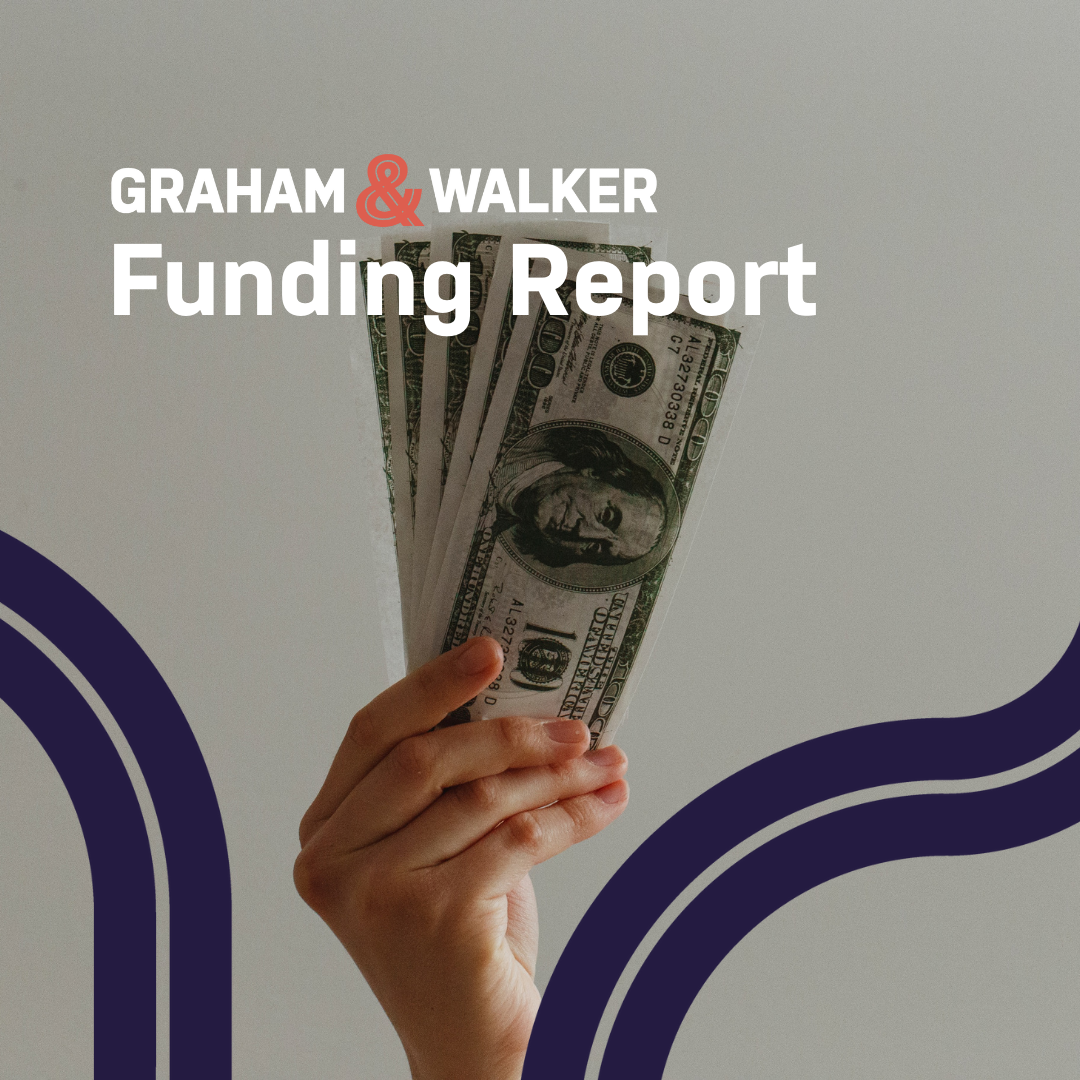Georgene Huang is the CEO and Co-founder of Fairygodboss, the go-to professional platform for women to find relevant career-related resources; her mission is to improve the workplace for women by increasing transparency, and the $10 million Series A round she successfully raised in 2019 says that others share that mission!
Tell us about your company. What inspired you to start it?
I started Fairygodboss after I was suddenly fired from my executive role at a major company as part of a management shakeup. At the time, I was two months pregnant and hadn’t yet told anyone. So I was in this position of looking for a job and going on interviews — and feeling quite pressured to hide my pregnancy. While interviewing, I wanted to ask certain questions around benefits and policies like maternity leave and work-life balance — but feared being judged as less than fully committed to my career if I asked. I also wanted to hear directly from other women about their experiences and how they overcame similar challenges So, I turned to the internet for answers, and was surprised by the lack of information I found, which is why we’ve formed the FGB Community.
Who are your cofounders and what makes you a great team?
My co-founder is Romy Newman and I think we work really well together because we trust each other. I asked Romy to join me on this entrepreneurial journey because I knew she had background and experience that I didn’t, but needed. When Fairygodboss started growing and we became more than a team of two, I felt very confident that she would be able to successfully co-run the company with me.
How is your company making a difference?
Our mission is to improve the workplace for women by increasing transparency. We offer women a variety of free resources to help them in their careers, including anonymous employer reviews, job listings, virtual recruiting events, webinars with various experts, career-related content and more.
What are some of the challenges you have faced?
Owning a business is hard, regardless of who you are, but I think one uphill battle that Romy and I have had to face is securing VC funding. Out of all venture capital funding in 2019, only 2.8% went to female-led teams, so if you’re starting a company whose products or services cater to women, you have to spend more time thinking about how to convince a potential investor (who is typically an older, white male) that you are solving a real and important problem. For example, if you were starting a makeup company, while men understand what makeup is and that many women wear it, it’s not solving a problem that they have experienced first hand. Therefore, the whole premise of your business is foreign to them. We had to learn how to pitch to male investors and make them not only understand what we are doing with Fairygodboss, but make them understand why it’s so important.
What is your biggest win?
Speaking of venture capital funding, last year we raised a $10M Series A investment which was really exciting.
Who is your role model?
I don’t have one single role model but I admire a lot of people. Some are well-known: Michelle Obama for her ability to connect and inspire others, Richard Branson for his pushing himself to take unconventional risks, Sara Blakely for her authenticity and ability to build a brand, Bill Gates for pushing the envelope on philanthropic work. There are also a few private individuals in my life who are reliable members of their communities, working hard and quietly, with no expectation of recognition or particular reward except that they are trying to be and do better every day for their families and friends.
What do you wish you had known before starting your company?
Every company has a different story. In our case, we’re in hyper-growth mode which means that everything changes so fast. There aren’t set formulas to follow about how to do something and I think it means that you have to be really deliberate and practice self-conscious adaptation which is a lot harder than it sounds.
What is your CEO superpower?
I’m very analytical and data-driven, which allows me to test and adjust ideas. By testing varying product features, we’ve been able to create a community that addresses the topics and needs of career-minded women. If you marry anecdotal things you learn from users with data about what they actually do, I find that you’re able to come up with better, more successful ideas.

